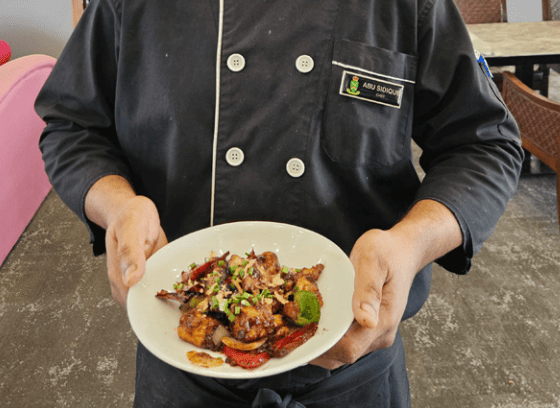Taiwan Travelogue by Yang Shuang-zi which won the Best Translation Award in Japan in 2024, isn’t just about places on a map. It’s a personal and thoughtful look at Taiwan through the eyes of someone who is both familiar with the island and still trying to understand where she belongs.
Yang is a Taiwanese-Japanese writer, and this mixed background shapes everything she sees and feels as she travels. In Tainan, one of Taiwan’s oldest cities, she walks through streets filled with history. The old Japanese style buildings remind her of her roots, and she starts thinking about how personal history connects to bigger events like colonisation and change. She realises that identity isn’t always simple. It is shaped by the past, by memory, and even by buildings and street corners.
When she heads to Hualien, on the east coast, she meets people from Taiwan’s indigenous communities. Instead of just looking at their lives from the outside, she listens. She begins to understand how these communities are often left out of the main story of Taiwan. Here, she learns that Taiwan is more than just one culture or story. It is many, and some voices need to be heard more clearly.
In Jiufen, a town full of tourists and nostalgia, she sees how places can be turned into something they weren’t meant to be. The beautiful views and old streets are nice, but Yang also sees how people sometimes change places to fit what visitors want, not what the place truly is. It makes her think about how we remember the past and whether those memories are real or made up.
Throughout the book, temples become quiet spots where she reflects. Whether she is in a busy city or a small village, these temples give her a sense of peace. They remind her that some things, like traditions and beliefs, still hold strong even as everything else changes.
But some of the most meaningful moments come from everyday life. Like sitting on a train, walking through a night market, or overhearing a conversation. These simple moments teach her that travelling isn’t just about seeing famous places. It is about noticing small details and feeling connected to where you are.
Yang’s writing is calm and honest. She doesn’t try to give you all the answers. Instead, she shares her thoughts and lets you think about your own. By the end of the book, you feel like you have taken a quiet journey, not just through Taiwan, but through someone’s inner world.
Taiwan Travelogue is a gentle, thoughtful book that invites you to slow down, pay attention, and think about what it really means to belong somewhere.






